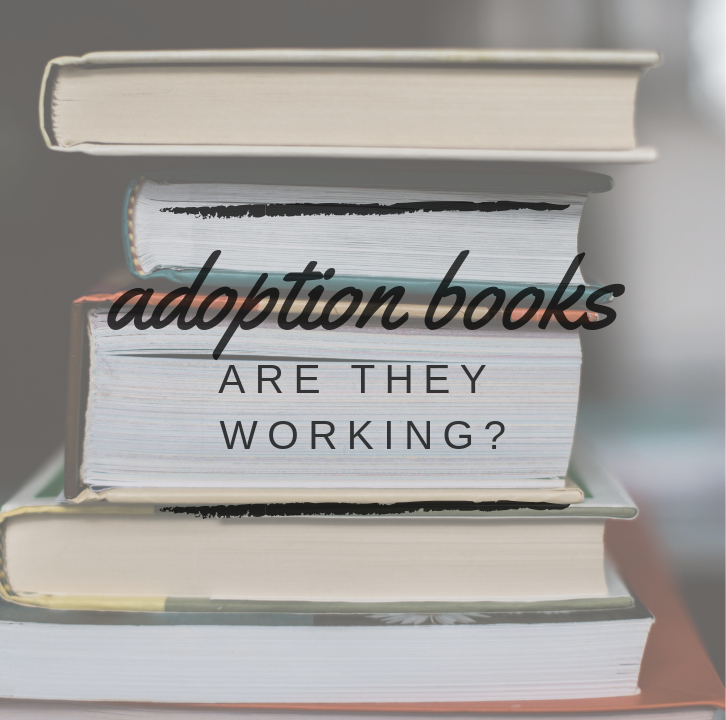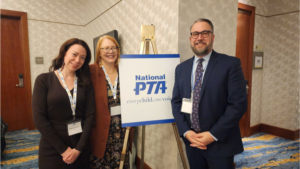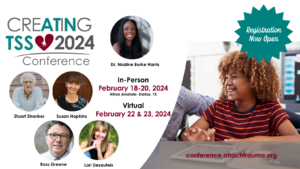–by Nicole Pritchard (Check out more of Nicole’s writing in her Christmas Spaghetti post or on her own blog, Coffee-Colored Sofa)
For years, I felt frustrated by parents and therapists suggesting I just read fill-in-the-blank adoption books by fill-in-the-blank authors. I’d already read all of those parenting books. I’d highlighted them and made notes in the margins.
But the well-worn copies on my bookshelf didn’t seem to help. Sometimes the most worthy book suggestions even seemed to hurt our family.
Over the years, I’ve begun to realize that these books contain mostly helpful information. However, we can’t always take their suggestions and expect to witness positive outcomes.
The author isn’t parenting my child
Highly qualified professionals make excellent therapists and psychologists. However, they usually work with children from hard places as a professional and not as an adoptee or adoptive parent. Some of our children are far more afraid of parents than they are of therapists or anyone else. In fact, for many of our children, the relationship with a therapist is a break from stressful family relationships. Our children may seem to make tremendous progress with the professional while still raging every night at home.
Some professionals acknowledge that a child will respond differently in therapy than when parents use the same interventions. Still, I sometimes wonder if they understand just how dramatic the difference can be.
The author isn’t parenting my child in my family
No matter how many qualifications the author has as a professional, parent, or adoptee they can’t watch the interactions between my child and me. They also don’t know our family dynamic or way of life. Once, during a family coaching session, I asked the therapist what adoption books I could read on how to parent a child from hard places while parenting my other children. He acknowledged that if I wanted to read that book, I’d have to write it first.
At that moment, I started to realize I was going to have to modify almost anything I read to meet the needs of our specific family.
Parents experience too much stress
When things get too intense in our homes, we are already too burdened even to meet the needs we already know how to meet. Tremendous stress makes our brains unable to process information. Confronting another stressful situation when already in a state of intense stress means we can’t even access the positive skills we already have.
Felt safety must be established first
Most of the specific connection strategies I’ve attempted to utilize from adoption books were designed to be used after our children felt safe with us. Sadly, for some of our children, it takes years for that to happen.
What I needed to read nearly two decades ago was a book that told me how to observe the child. I needed to learn how to interpret behavior, affect, and body language to know when my child felt overwhelmed. I needed a book to explain how to identify my child’s stressors so I could help lower his or her stress. No book explained that it was only once his stress and my stress were lowered that we would be able to begin building trust.
I would have liked to read that it was okay to go through seasons of stark simplicity to lower my child’s stress. And also a book that told me it wasn’t my job to force a relationship with my child. My job was to focus on what I could do. That meant becoming a safe enough person who created a safe enough environment where me and my child could connect.
Maybe someday one of us will write that book.




